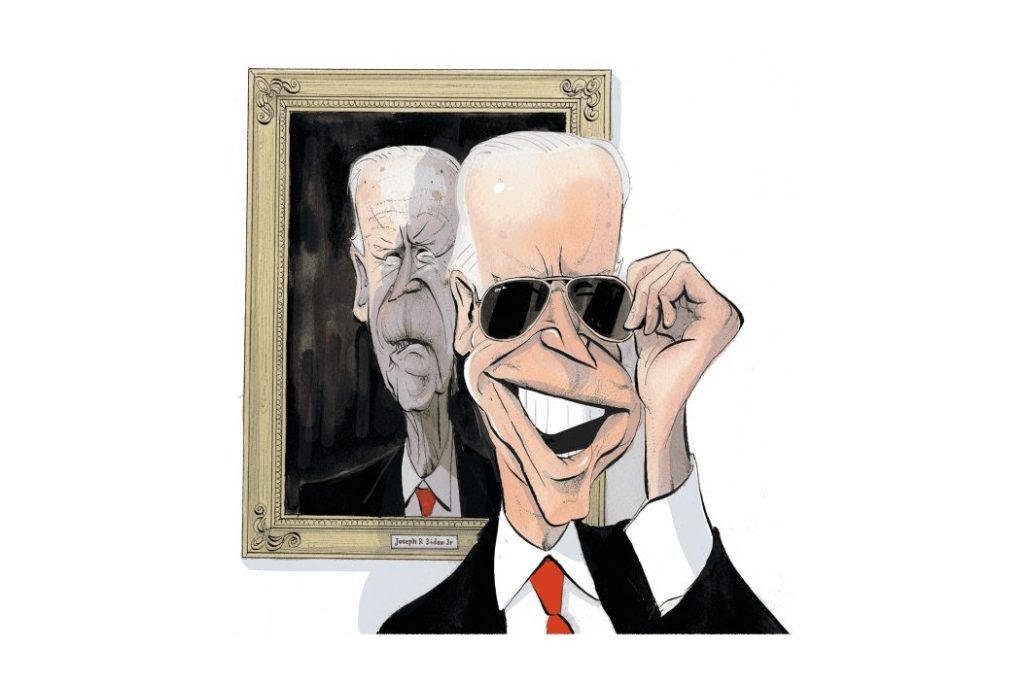According to Joe Biden on the steps of Downing Street, by traveling to the UK he “couldn’t be meeting with a closer friend and greater ally. Our relationship is rock solid.” Really? In that case, will Biden be using his time in London to start talks for a US-UK trade deal? Will he be changing his mind and back Ben Wallace, rather than Ursula von der Leyen — who was an embarrassing failure as German defense minister — as the next secretary-general of NATO? Will he be taking notice of Britain’s objections to sending cluster bombs to Ukraine?
The answer to the above questions, of course, is “no,” “no” and “no.” Even allowing for the truth-stretching demanded by international diplomacy, Biden’s words come across as hollow. Biden doesn’t really see the US’s relationship with Britain as special. It certainly didn’t seem that way in April when he stood in Dublin, telling Ireland’s people that he “felt at home” and spun a yarn about his ancestors leaving Ireland to escape British rule for a better life in the US (actually, Biden is no more Irish than he is English). Like many a Democratic president, Biden sees Britain as a country that must be treated with a degree of disdain: it is the “old” country that represents the antithesis of the values on which the US was founded. Britain, so the doctrine goes, must always be treated as the past oppressor of Ireland, a country whose importance to US politics is far greater than its size, or the heritage of the US citizenry, ought to justify. While it was the EU that first hit on weaponizing the Good Friday Agreement during Brexit negotiations, Biden — who was elected president while the post-Brexit trading relations between Britain and the EU were still being negotiated — was quick to join in, demanding that Brexit must not lead to any borders in Ireland.
Where would we be now had Donald Trump won a second term? Had Trump stuck to his word, we could be well down the road to having a trade deal between the US and the UK. Britain would surely feature much more prominently in relations between the US and Europe. Nor would we have UK companies struggling against a piece of legislation that poses as a climate act but which in practice is really more of a piece of blatant protectionism.
The name of that legislation is itself intriguing. Surely there was someone within the Biden administration — even if it escaped the notice of the president himself — who worked out that the acronym of the Inflation Reduction Act is a little unfortunate. Does Biden even care or — given his comments in Ireland — is he even a little pleased to have something which ribs Britain?
Of course, Trump was never exactly the most trustworthy of friends. Having praised the UK for Brexit, it would have been quite within his character to fail to get round to that trade deal after all. Anti-Trump sentiment in Britain had already dissuaded him from visiting Britain once; it may well have led him to shun it in the longer term. But, whatever the objections to Trump’s character, it is hard to argue that he would not have been a greater friend to Britain than is Biden. Many in Britain cheered when Trump left office — and the disgraceful manner of his doing so won him few friends anywhere — but Britain would almost certainly have been better served had he stayed in office.
This article was originally published on The Spectator’s UK website. Subscribe to the World edition here.





















